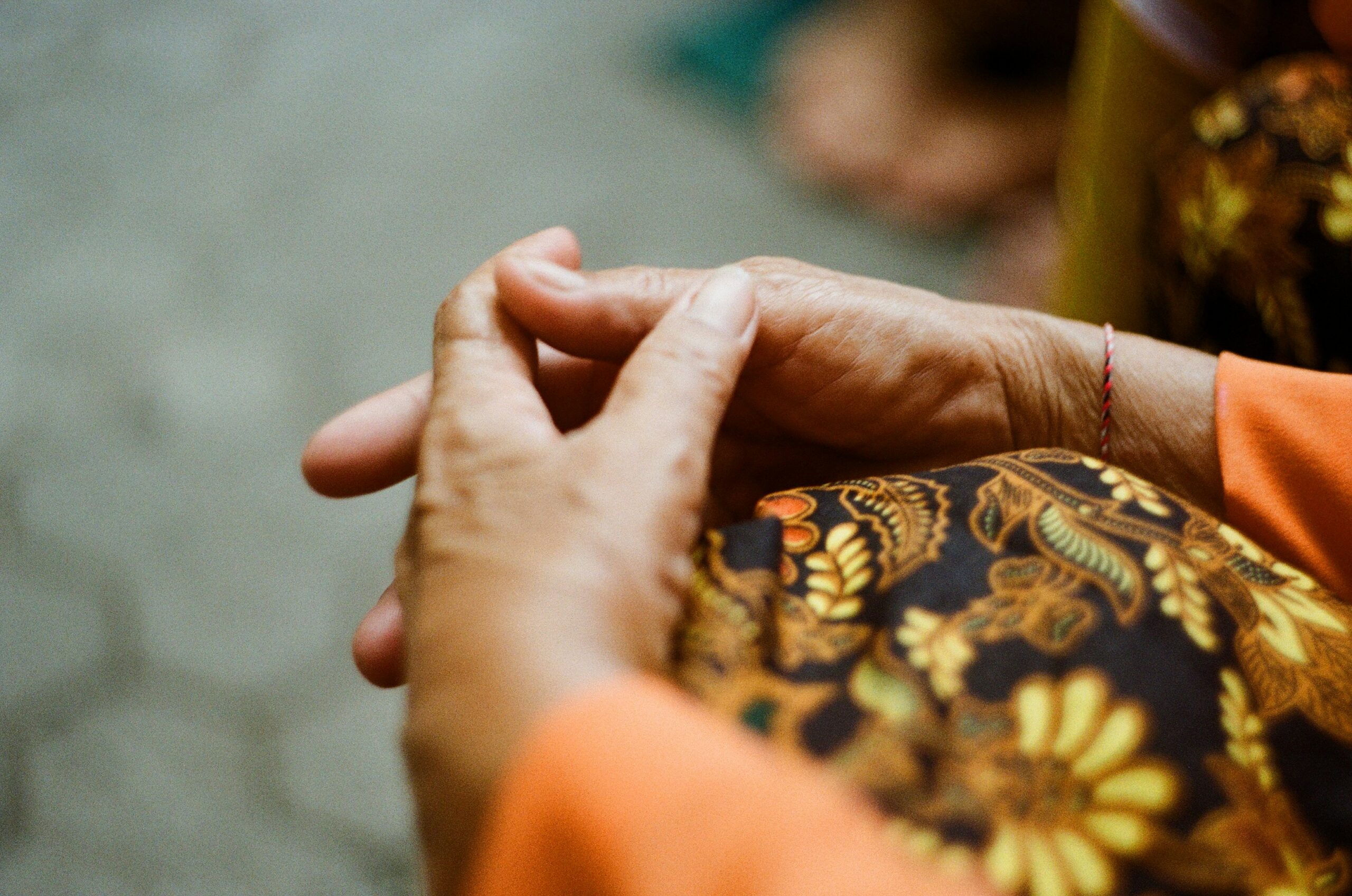Studying
Riches For The Poor
The Workers’ Educational Association of Canada (WEA) has been a champion of free, public education for adults since its beginning in 1918. In 2002, a WEA staff person came across an interview with Earl Shorris in an old Harper’s Magazine (1997). Shorris, who died in 2012, was a social critic and author who founded the U.S.-based Clemente Course in the Humanities. The article was a catalyst for the WEA to reignite its long held belief in the value of a humanities/ liberal arts education for ordinary people, and had had many years delivering such programs. The Clemente Course reaffirmed the conviction that well-educated people make wise and good citizens and can change society for the better. These are beliefs WEA has shared since its inception. In the summer of 2003 WEA launched University in the Community.
Riches for the Poor, published in 2000, is Shorris’s argument for a humanities education as a weapon in the fight against poverty. (“Riches”, by the way, are the humanities.) He intended the book to be an academic examination of poverty in the United States. However, in doing his research he visited prisons, and in Bedford Hills Correctional Facility for Women in Westchester County, N.Y., he met longtime inmate Viniece Walker, who completely changed his theories about poverty. Walker explained to him that poverty was not so much the lack of money as the inability to reflect that made and perpetuated poverty. The poor do not have much opportunity for reflection as they live in a constant state of anxiety. Moreover, the humanities are taught primarily to well-off American students in college classrooms. Therefore, Shorris reasoned, if the poor were given a chance to reflect on their own lives and on the world around them and learned how others in the past had lived, perhaps they would be able to change their lives. If given the opportunity to study the humanities, the poor might become engaged citizens and more contented human beings. The changes they would make because of their study of the humanities could have a profound effect on them, on their communities and eventually on society as a whole.
At that time (mid 90’s) and still today, conventional wisdom maintains that the way to help the poor out of poverty is to teach them a skill which will get them a job. However, Shorris contends, to teach only skills is like building a house without a foundation. Skills training by itself leaves the learners vulnerable because they have not developed the thinking skills a student of the humanities has had to develop. It is not that work skills are not important, but they are not a route out of poverty and do not empower people as the humanities can.
In Shorris’s obituary in the New York Times, journalist Paul Vitello wrote: “While education policy has leaned in recent decades toward giving students work skills, Mr. Shorris’s idea was to teach what he considered the ultimate skills: reflection and critical thinking, as taught by the humanities. If the multigenerational poor are to make the leap out of poverty, it will require a new kind of thinking — reflection,” he wrote in 1997. “And that is a beginning.” The study of the humanities, he said, is “in itself a redistribution of wealth.”
The obituary continues, “Since 1995, the program has been introduced in about 20 cities around the country [U.S.], as well as in Canada, Australia and Korea, according to administrators of the Bard College Clemente Course in the Humanities, which oversees the project. In groups of 20 to 30 students per course, several thousand (10,000 according to Bard College) have tackled the program’s rigorous readings and explications of Aristotle on logic, Plato on justice and Kant’s theory of morality.
“By Mr. Shorris’s own account, the enterprise has scored many wins and many losses. Some students were inspired, some were not, some died of AIDS, and some — like Moise Koffi of the Bronx, who described himself as drifting toward poverty before taking the course 10 years ago at a community center in Poughkeepsie, N.Y. — went on to earn a bachelor’s and graduate degrees.”
The Clemente Course in the Humanities offers the disadvantaged a 10-month curriculum of philosophy, history, art, literature and logic. The classes are usually at night, four hours a week. The program is free, and books, carfare and babysitting are provided.
Earl Shorris received a National Humanities Medal, presented to him in 2000 by President Bill Clinton.”
In Canada there are ten free humanities courses, including ours, University in the Community (UitC) which have been inspired by The Clemente Course in the Humanities.




